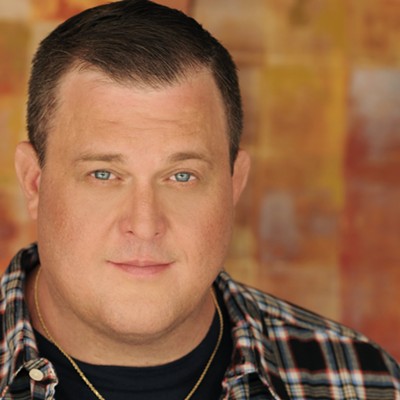Thursday, October 28, 2010
Jim Hightower at Point Park
The populist pundit's talk here last week provided some rays of hope for progressives in this dispiriting election season. But not the sugar-coated kind.
Hightower has been a national progressive voice for two decades now, ever since he ended finished his second term as Texas agricultural commissioner and turned to making his newsletter, The Hightower Lowdown, writing books and talking on the radio (and in person).
He plays the role of Texan. On Oct. 20, he took the dais before about 150 people in a Point Park auditorium while wearing his trademark white cowboy hat.
Hightower's core message lately is that the real divide in America isn't between left and right, liberal and conservative. It's between high and low, or up and down on the economic spectrum.
And he emphasizes that right-wingers who shill for corporate-friendly policies and tax cuts for the rich have no business calling themselves "populists," regardless of how many tea bags they wave around.
"Too few people control too much of the money and power," says Hightower, and such people use such tools to get more of what they already have.
Against policies like what he humorously calls "tinkle-down economics," his alternative is democratic control of that money and power. He defined the American ethos we should be upholding as "economic fairness, social justice and equal opportunity."
Hightower isn't the first speaker in this Point Park Global Cultural Studies Program speakers' series to espouse such ideals. In the past year or so, professor Channa Newman has brought in no less than Ralph Nader and Harper's editor emeritus Lewish Lapham, both of whom sounded similar themes.
Hightower is a good deal folksier than those fellows. But if his talk was peppered with shopworn quips ("I was happier than a flea at a dog show"), it also had real power, mostly in his prescription for fixing what ails us.
Though he's a registered Democrat, Hightower's solution isn't solely of the ballot box. And it's not something we can manage in even a few months of feverish activity like what it took to elect Obama. "Obama's only gonna be as good as we make him be."
Rather, he spoke about the long haul: everyday people living their values, and the institutions and other organizations that can help them do it. For examples he drew heavily on his book Swim Against the Current: Even a Dead Fish Can Go With the Flow, which profiles people finding new ways to work in business, politics, religion and more.
One approah Hightower praises is cooperatively owned enterprises – co-ops. A local example is the member-owned East End Food Co-Op, but Hightower says the U.S. has 73,000 co-ops, with 120 million members.
Some of his poster children are Organic Valley, the farmer's cooperative. He also cited a Madison, Wisc., union-organized taxi-cab co-op; San Francisco's Lusty Lady strip club; even the Austin, Texas' Black Star, the nation's first cooperatively owned brew pub. (Hightower proudly counts himself a member.)
Among grassroots activists, he mentioned Pittsburgh's Mary Savage, a Homewood woman who's created community gardens to revitalize her troubled neighborhood.
Hightower acknowledges things in the U.S. are grim, both politically and economically. But he relishes the challenges.
"Battling the bastards is just about as much fun as you can have with your clothes on," he says.
His long view, meanwhile, took two tacks. One, he believes that no matter how bad things look, the democratic cause is advancing.
When George Washington became president, he noted, only about 4 percent of the population could even vote -- landowning men, a category that excluded Native Americans and blacks as well as women. Now everybody over 18 can vote.
The catch is, it takes time. Hightower noted, for instance, that not one of the legendary 19th-century suffragettes, like Elizabeth Cady Stanton, lived to cast a ballot herself.
Nonetheless, he asserts, Americans want real democratic change more than the media leads us to believe: "People are astonishingly progressive in this country."
"We don't have to create the progressive movement," Hightower said. "It's out there. It's not connected....If we join with others we can build our strength."
"It's up to us....It always has been."
Tags: Program Notes












